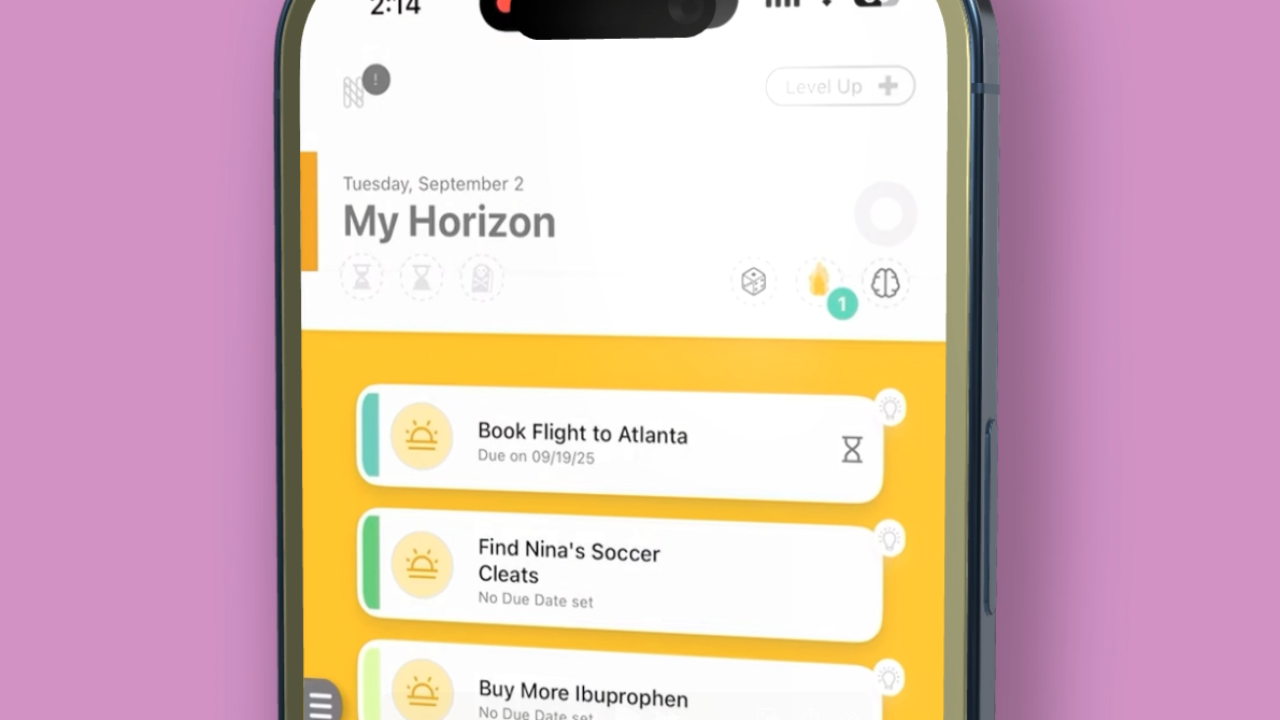Being the youngest generation in the workforce, it would make sense for Gen Z to be the least concerned with life after work, but it's actually a top priority for the majority of this demographic.
Processing Content
Seventy-six percent of Gen Z workers are saving for retirement through 401(k)s or other similar workplace plans, with many saving outside of work as well, according to a new survey report from research firm Transamerica Center for Retirement Studies. On average, this generation started saving at age 20, years ahead of their millennial, Gen X and baby boomer colleagues. If leaders want to keep up with younger demographics, they'll have to revisit their approach to retirement.
"Today, people are more aware of the importance of saving for retirement and the value of 401(k)s," says Catherine Collinson, the founding CEO and president of Transamerica Institute and Transamerica Center for Retirement Studies. "It's something that Gen Z has heard about throughout their lives and they are learning from their parent's experience."
Read more: Gen Z is entering their benefits era. How can benefit managers prepare?
Overall, financial wellness is proving to be critically important to young talent. Currently, 55% of Gen Z are prioritizing paying off debt, followed by saving for a major life event, covering basic living expenses and building emergency savings. Thirty-two percent are prioritizing their retirement savings. This eagerness may be fueled by the increasing disruption of AI, as well as long-term care needs for themselves or family members.
In fact, more than half of Gen Z workers are worried that AI will make their job skills obsolete, leading more than a third to hold more than one job, while 59% have a side hustle. Forty-one percent of this group are also either currently serving or have served as caregivers for a relative or friend during their careers. These responsibilities have led 90% to make workplace adjustments, from missing days of work and reducing hours to forgoing a promotion or quitting a job altogether. All of these factors have driven young talent to be vigilant about their retirement strategies — and they need support.
"Gen Z workers are financially stretched thin by meeting their obligations," Collinson says. "Any enhancements to their compensation and benefits, especially those that will improve their situation and ease their burden, will be welcomed."
Benefit leaders can help
Fifty-nine percent of Gen Z employees often feel exhausted and burned out, according to Transamerica's findings. Offering programs that address Gen Z's broader financial needs beyond a 401(k) and a Roth IRA could help employees save for retirement without the added stress. For example, employees should be educated on the triple tax advantage of HSAs and high deductible health insurance plans, as well as supportive policies and practices such as caregiving benefits, flexible schedules and employee assistance programs.
Read more: Which next-gen benefits are moving the needle at your organization?
"Leaders should also consider offering ways to help their employees build emergency savings, which can help mitigate any need to tap into retirement savings," Collinson says. "Financial wellness programs can help employees learn about personal finance and inform their goal setting, planning and decision making."
In the same way Gen Z's outlook on saving and retirement was influenced by the generations that came before them, Gen Z's retirement trends will also influence incoming talent, such as Gen Alpha and Beta. And with Gen Z projected to make up the majority of the workforce in the coming years, it's important for employers to tailor their retirement strategies to the needs of their younger workforce as soon as possible.
"Across generations, a robust employee benefit offering can be a competitive differentiator for employers," Collison says. "Until recently, [some of these benefits] have been nice-to-haves as part of an employer's offering. For Gen Z workers, they will be must-haves."






